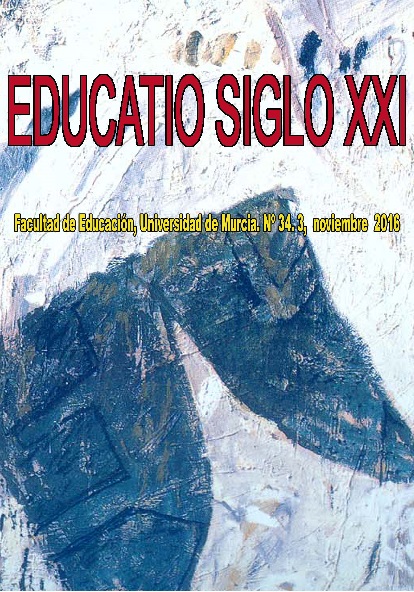Values, Conflict and Organizational Development: A Qualitative Research undertaken with the Hall-Tonna Model
Abstract
This paper presents the results of a study
aimed at analyzing values within the Proyecto
Hombre Association. It was conducted
as a strategy seeking organizational
development.
Research on values within organizations
are rare and fragmented, with very limited
practical applications. We chose the
Hall-Tonna model of personal and organizational
development because it is a nonprescriptive
approach to research values.
The methodology used was the alignment
of values within organizations. This is based
on the contrast of the personnel’s values and
the values of the association itself. The alignment
of values is a process which fosters collaboration
among participants and reduces
unproductive conflict within organizations.
This qualitative research uses different
analysis techniques. On the one hand,
the values of the institution have been
analyzed through a content analysis program
(HTDOC: Hall-Tonna Documents).
Furthermore, personal values have been
identified with the application Hall-Tonna
Inventory (HTINVE).
Based on the results, it can be said that value
analysis is potentially helpful to recognize
personal and institutional problems.
This analysis has improved the dialogue
between group and organizational values.
In addition, the alignment of values meant
increasing the commitment of individuals
towards shared values recognized as their
own.
Downloads
-
Abstract844
-
PDF (Español (España))440
Original work publishes in this journal is subject to the following terms:
1. Murcia University Press (the publishing house) holds the copyright of the publishes work, and favours and allows their reutilization under the use license stated in point 2.
© Servicio de Publicaciones, Universidad de Murcia, 2015
2. Work is published in the electronic edition under a license (Creative Commons Reconocimiento-NoComercial-SinObraDerivada 4.0 España (legal text). They can be copied, used, disseminated, transmitted and publicly presented, as long as: i) authorship and original publication source is acknowledged (journal, publishing house and URL of the work); ii) are not used for commercial purposes; iii) the existence and specifications of this use license is stated.
3. Conditions for self-archive. Authors are allowed and encouraged to disseminate electronically the pre-pint (before review) and/or post-print (accepted for publication) versions of their work before their publication since that favours earlier circulation and dissemination resulting in an increased chance for the authors to be cited and for the work to reach a bigger share of the academic community. Colour: RoMEO: green.








